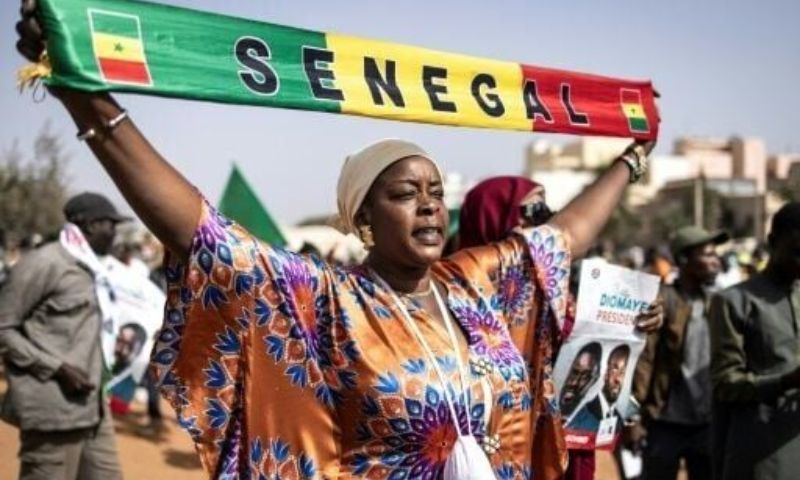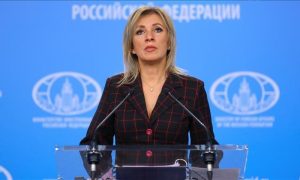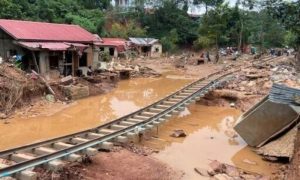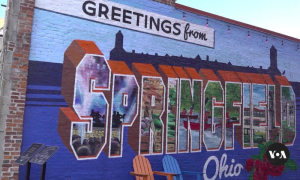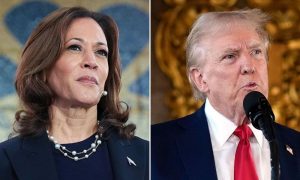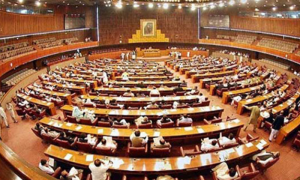DAKAR, Senegal: Senegalese voters are due to finally go to the polls at the end of March, following a series of announcements late Wednesday, the latest development in a weeks-long crisis over the postponement of presidential elections.
However, confusion persists over the exact date of the first round of voting.
President Macky Sall set the date for March 24, but Senegal’s highest constitutional body said it should take place on March 31.
In any case, the election would be held before the end of the presidential term on April 2, which was one of the main reasons for the confusion.
Sall postponed presidential elections originally scheduled for February 25 at the last minute, triggering one of Senegal’s worst crises in decades.
Delays in voting have sparked deadly protests in the traditionally stable West African nation, with opposition parties and much of civil society suspecting the president is seeking to extend his term.
The date of the second round has not yet been fixed.
“Fixing the election date beyond the term of office of the current President of the Republic is contrary to the Constitution,” the Constitutional Council said in a document Wednesday.
The constitution-making body said it would be constituted on behalf of the executive branch, given its “settlement” in setting the date.
Acknowledging the sudden change in the election schedule, the presidential palace announced late Wednesday that Prime Minister Amadou Ba has been “removed” from leading the year’s presidential campaign.
A spokesman said he was replaced by Interior Minister Siddiqui Kaba.
Amnesty
On Monday, Sall asked the Constitutional Council to give its opinion on recommendations from a “national dialogue” he convened to resolve the confusion.
The dialogue recommended that the election be held on June 2 and suggested that Sall remain in office until a successor is appointed.
Senegal’s Constitutional Council on Wednesday rejected a proposal to hold elections on June 2.
The Constitutional Council also announced in a separate ruling that the presidential election must include a list of 19 presidential candidates previously approved by this body.
The decision was against advice following a “national dialogue” that the shortlist needed to be revised.
The “national dialogue” to determine the date of the new elections was one of the efforts of President Sall to find a way out of the political turmoil.
Another is a controversial amnesty bill targeting actions related to recent deadly protests.
Parliamentarians reviewed this bill, which was approved late on Wednesday with 94 votes in favour and 49 votes against.
Critics say it protects those who commit serious crimes, including murder.
The law applies to all crimes or offenses committed between February 1, 2021 and February 25, 2024 in connection with demonstrations or with political motivation, whether or not there is a trial.
Senegal experienced several periods of deadly unrest between 2021 and 2023, notably triggered by violent conflict between the state and now-imprisoned opposition leader Ousmane Sonko.
These riots left dozens dead, hundreds wounded, hundreds arrested, clashes with security forces, and a lot of damage to property.
Sonko, who came third in the 2019 presidential election, has since been detained.









